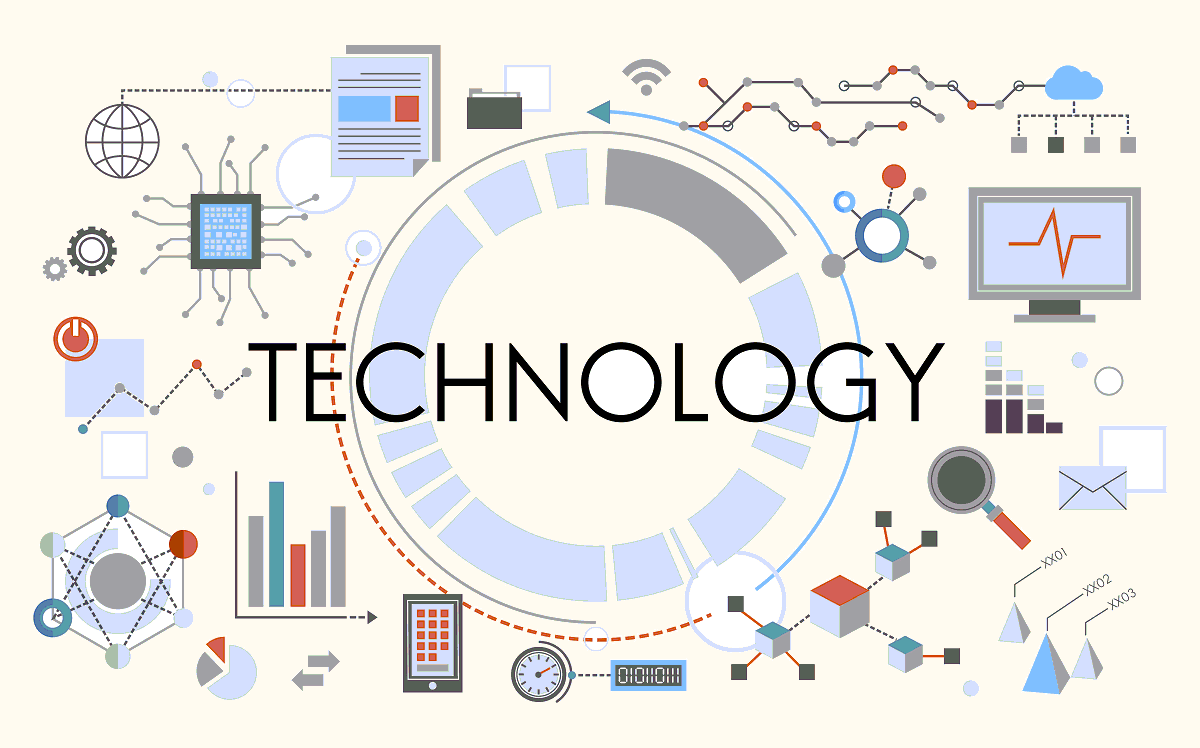
Top Ten Innovations Shaping the Future of Technology
By Adedayo Ebenezer Oyetoke Published on: December 18th 2023 | 4 mins, 752 words Views: 353
The world of technology is constantly evol ving at a rapid pace, with new advancements and innovations emerging every day. As we navigate this ever-changing landscape, it's essential to stay informed about the latest trends and breakthroughs shaping the future of technology. In this blog, we'll explore the top ten innovations that are set to revolutionize our lives in the coming years. From artificial intelligence to quantum computing, let's dive into the world of technology and uncover the future that awaits us.
1. Artificial Intelligence (AI) and Machine Learning
Artificial intelligence (AI) has been a buzzword in the tech world for years, but it's finally starting to make a tangible impact on our everyday lives. AI-powered systems can now recognize patterns, learn from data, and make decisions without human intervention. This has led to the development of machine learning algorithms, which are designed to improve over time as they're exposed to more data.
Example:
- AI-driven chatbots like Siri and Alexa have become commonplace in our daily lives, helping us answer questions, set reminders, and even book appointments.
2. Quantum Computing
Quantum computing is a revolutionary technology that promises to solve some of the most complex problems we face today. Unlike traditional computers, which use binary code (0s and 1s), quantum computers use quantum bits or "qubits," which can exist in multiple states at once, allowing them to process vast amounts of data simultaneously.
Example:
- Quantum computing could potentially break encryption methods currently used by governments and corporations, leading to increased security and privacy concerns.
3. Virtual Reality (VR) and Augmented Reality (AR)
Virtual reality (VR) and augmented reality (AR) have become increasingly popular in recent years, offering immersive experiences that blur the line between reality and fantasy.
Example:
- VR headsets like the Oculus Rift and PlayStation VR have allowed users to experience virtual worlds where they can interact with digital characters and environments.
4. Internet of Things (IoT)
The Internet of Things (IoT) refers to the interconnection of everyday objects, vehicles, buildings, and appliances through the internet. IoT devices can collect and transmit data, allowing for greater efficiency, automation, and control.
Example:
- Smart thermostats that learn your habits and adjust the temperature accordingly.
5. 3D Printing
3D printing, or additive manufacturing, is a process in which materials are layered together to create three-dimensional objects. This technology has the potential to revolutionize industries such as aerospace, healthcare, and automotive manufacturing.
Example:
- 3D-printed prosthetic limbs that can be customized to fit an individual's specific needs.
6. Nanotechnology
Nanotechnology involves manipulating materials on a nanoscale, which is a billionth of a meter. This tiny scale allows for the creation of new materials with unique properties, such as super strength or self-healing capabilities.
Example:
- Nanoscale particles that can be injected into the human body to treat diseases like cancer.
7. Blockchain Technology
Blockchain technology is a decentralized digital ledger that records transactions across multiple computers, ensuring data integrity and security. This technology has the potential to revolutionize industries such as finance, supply chain management, and voting systems.
Example:
- Cryptocurrencies like Bitcoin, which operate on a blockchain, allowing for secure and transparent transactions.
8. Self-Driving Cars
Self-driving cars are vehicles that can navigate without human intervention, using advanced sensors, cameras, and artificial intelligence to make decisions on the road. This technology has the potential to reduce traffic accidents, increase efficiency, and reduce the environmental impact of transportation.
Example:
- Tesla's Autopilot feature, which allows the car to steer, accelerate, and brake in certain driving conditions.
9. Space Exploration
As technology advances, so too does our ability to explore the universe. Innovations like reusable rockets, advanced space suits, and even the possibility of human settlements on Mars are opening up new frontiers for exploration.
Example:
- NASA's Mars 2020 rover, which is set to land on the Red Planet in 2020, will search for signs of past life and study the planet's climate and geology.
10. Genetic Editing (CRISPR)
CRISPR, or Clustered Regularly Interspaced Short Palindromic Repeats, is a revolutionary gene-editing technology that allows scientists to precisely target and edit specific genes. This technology has the potential to cure genetic diseases, improve crop yields, and even potentially create designer babies.
Example:
- The first gene-edited babies, born in 2018, had their DNA edited to correct a severe form of inherited blindness.
Conclusion:
The future of technology is undoubtedly fascinating, and these ten innovations are just the beginning of what's to come. As we continue to push the boundaries of what's possible, we can expect even more groundbreaking advancements that will shape our lives in ways we can't even imagine today.